Falling Down is proof that not all Joel Schumacher films suck (it’s mainly just his Batman movies). This is a great film that I believe should be known as a classic, among the ranks of Scarface, Die Hard and other timeless must see movies. (That is the quick review should you read no more.)
“Falling Down” is a self proclaimed “tale of urban reality”, which has a meaning that becomes more clear as you watch. It feels like an epic of the life of William Foster (Michael Douglas) and his decline from normality into the destructive being he is by the end. William Foster is listed in the credits as “D-Fens” which is also the name on the vanity plate of his car. The name has a meaning which is later revealed along with all of the background information of the character. This is good because it leaves him mysterious and much more interesting than it would if they revealed the information earlier on. William Foster is what really pushes the movie towards greatness, and the portrayal by Michael Douglas is one I would really like to know more about.
The movie starts when D-Fens is pretty much at his breaking point but is still retaining shreds of dignity and self respect, as well as shards of his sanity. His car gets stuck in grid-lock traffic after which he freaks out and ends up leaving it and heads off on foot into a very bad part of town. This also introduces the biggest sub-character, Detective Pendergast (Robert Duvall) who heads the investigation on D-Fens.
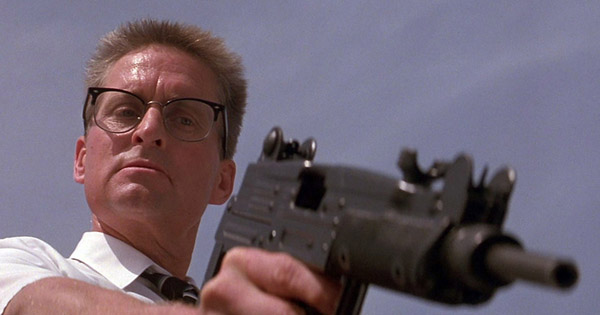
The first thing he does after ditching his car is goes to use a pay-phone, which he uses to call his (ex) wife (Barbara Hershey) but doesn’t actually say anything because his nerves get to him. After hanging up he wants to call again immediately but doesn’t have the change, so he goes into a shop. The owner will not give him change unless he buys something, so he does, or tries to anyway. Now in the year 2012 the price needs to be adjusted for inflation but the point still gets across. The point is that the soda he wants to buy is over-priced along with everything in the shop. The owner is Korean, and the conversation here is why people believe that D-Fens is actually a racist (I don’t think that is racist but just extremely patriotic). He doesn’t have a problem with the guy because he is Asian but because he feels the man has come to his country and not even bothered to learn English. After destroying the shop the man says “just take it, take whatever you want!” and D-Fens is extremely offended by this. “I’m not a thief, is that what you think I am?” he says before paying for his soda and leaving. He has a code of morals and stealing is against them. He is actually a man who really values them. Stealing is bad in his book but destroying the man’s shop is okay because he feels it is deserved for how he is treated. As the movie progresses he starts using violence more and more to solve his problems because he see’s how easy it really is, and it pisses him off that he has worked so hard his whole life and not accomplished something or been recognized for his achievements when he could have just been doing things the easy way all along and maybe ended up better off.
D-Fens has a small suitcase with him as he walks through the streets and the case plays two key roles in establishing his character 1): Men try to take it and he won’t have it. He stands up for himself and ends up beating them back and leaves with it and one of their knives which I will mention again shortly. He almost gets killed trying to keep the briefcase and he is well aware of what will happen to him if he doesn’t give it to them. This makes you very interested to know what is inside the case. 2): The briefcase helps develop his character. He later gives it to a bum saying “I don’t need it anymore” but when the bum opens the case it only contains a sandwich and an apple. Now I believe this means two things. The first is to show how the case itself wasn’t what he was trying to preserve, it was the idea behind it. It wouldn’t matter whether the case was empty or whether it contained a million dollars, he would defend it the same for the principles behind it. The second thing that this establishes comes from the line where he says “I don’t need it anymore.” I think the briefcase in a way represents what is left of his humanity or perhaps normality. He later obtains a bag of guns while leaving the suitcase behind. He has started to show how he has passed the point of no return and that he has traded his old lifestyle choices for his new found attitude. He also changes his clothes into an old army jumpsuit and his glasses get broken. By this point he has completely changed, he doesn’t even look the same as he did in the beginning. Where he first looked extremely out of place in geeky glasses and a white shirt and tie, now he has transformed into what he finds is actually more rewarding.
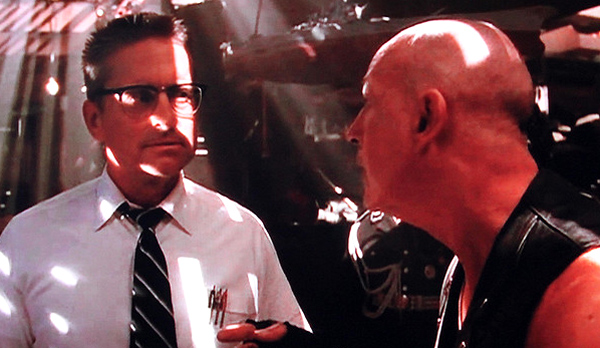
D-Fens has a very interesting progression, even down to the terms of his weapons. He begins with nothing then takes a baseball bat. Next he takes a butterfly knife from some gang members, then a large gym bag full of guns, and later he even finds a rocket launcher. This complimented his personal transformation into the being he is by the end of the film. Things that push him to violence become smaller and more insignificant as he becomes more complacent with his violent actions. I think the writer really used little things that piss him off to use as things that push D-Fens to violence. Most things that push him are things that we deal with everyday but he just wont take it anymore. He’s done putting up with it and now he’s making them pay for it. Little issues people have with everyday life such as gang occupation, plastic surgeons being more wealthy than people more deserving, unnecessary construction projects just to meet the budget, he even pulls a gun out in a Whammy Burger because they won’t serve him breakfast. The situation escalates when false advertising makes its way into the standoff. He even ends up deciding that he doesn’t really even want breakfast after holding a gun to the manager because of breakfast in the first place, again showing how it isn’t really the act that angers him it’s the methods behind it. False advertising is because of the burger he gets is flat and compares it to the picture while trying to have a somewhat casual conversation he has put in danger in the restaurant, even talking to a little kid asking him questions. In the same scene is another important character development moment. He is supposed to be an average guy pushed too far, and an average guy isn’t an action hero or an expert with guns. In the restaurant he accidentally fires the gun into the ceiling which really adds realism and reminds you of the “average guy” element. A similar moment happens later with the rocket launcher. He has a kid show him how to use it (and he still does it wrong). From the beginning he doesn’t look for trouble, it finds him and he tries to avoid conflict while being completely willing to follow through at the same time. He has an extreme temper and when his anger builds up enough, that’s when he goes berserk.
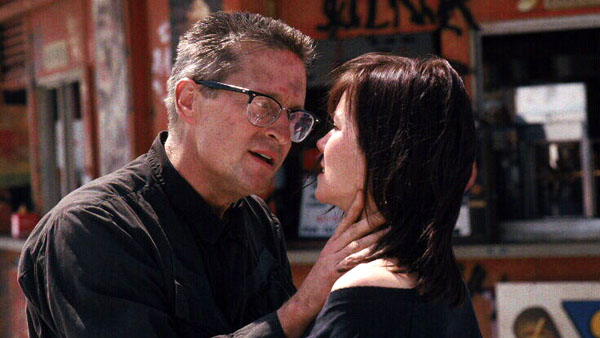
Realism is very important in this story and without a powerful sense of it, the film wouldn’t be half as good. It’s a good thing the realism factor is handled extremely well. The movie has many far away helicopter shots where the character of D-Fens blends right into the crowds. There are so many pedestrians and random civilians all over the place it really makes the situations more intense and realistic. All the colors are very vivid and bright which is in sharp contrast to the dark tone of the movie. Pedestrians get caught in the way of all the violence; people on the street get shot in drive bys, D-Fens terrorizes a golf course and almost uses a family as hostages without realizing it. When he does eventually realize he is mad at himself because he hurt a little girl by accident. Speaking of little girls, his own daughter is what puts him on his self-destructive journey. Throughout the movie he is trying to get to her birthday party, and people just keep getting in his way. A darker reality later surfaces with his family making him seem a little bit less of an average guy and more twisted than we’re previously led to believe.
The movie ends with a confrontation between the characters played by Robert Duvall and Michael Douglas. Douglas delivers his line “I’m the bad guy?” as he finally comes to terms with the fact that he is doing bad things. The entire time he thought what he was doing was justified and the right thing. Upon this realization D-Fens makes the cop kill him by pulling a fake toy gun and gets shot. The ending is great, he is shot, breaks the railing and bounces back up to his feet to deliver one last line before falling over to his assumed death, but he is most likely dead, which is the most appropriate ending possible.
As noted above, the story arc of D-Fens is similar to that of Tony Montana in the movie Scarface. Both characters have a rise and fall ending in their deaths. Each get corrupted in a sense and to a different extent hate themselves for what they have become. Neither start off as particularly good people but they grow significantly worse throughout the films.
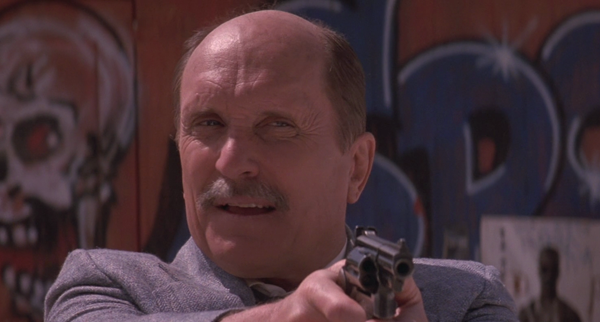
Falling Down is a fantastic movie that deserves more recognition than it has. The following of the movie is small enough to have it now be known as a cult classic. It really is extremely underrated. It’s very deep but even without analyzing it and seeing the deeper meanings, I think the movie would still be enjoyable but to a lesser extent. I think the main message is that life isn’t fair but you have to deal with it, lose your cool and your world will come crashing down around you.
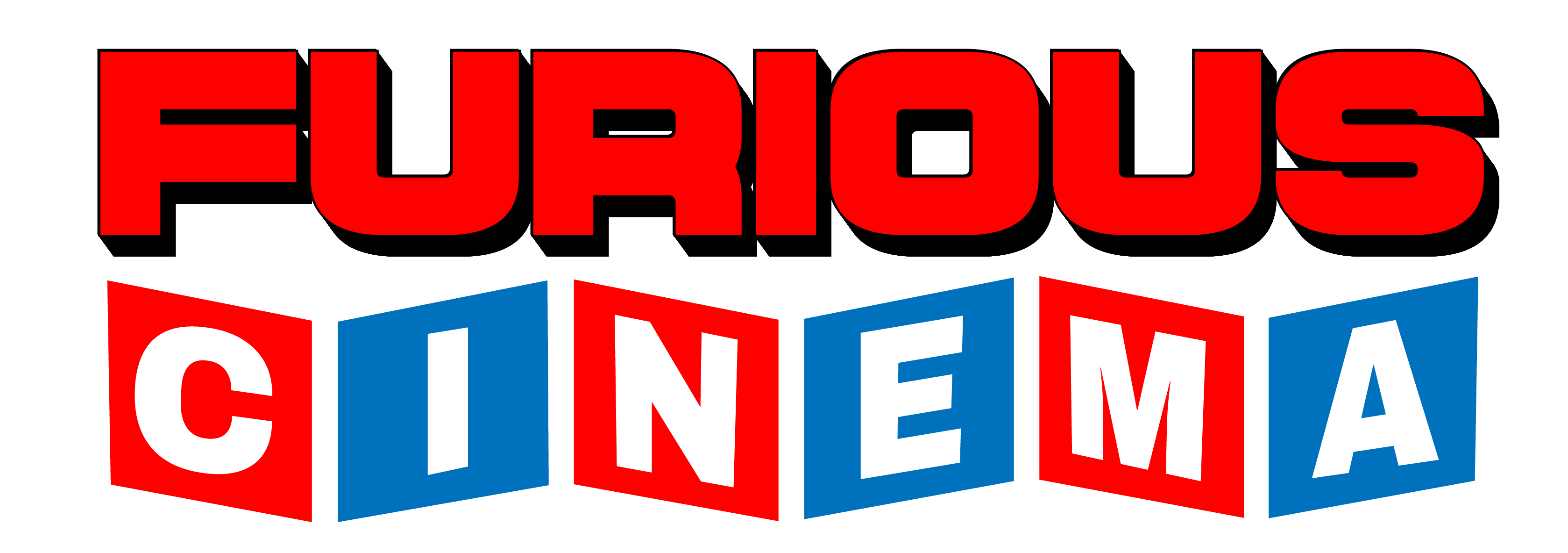
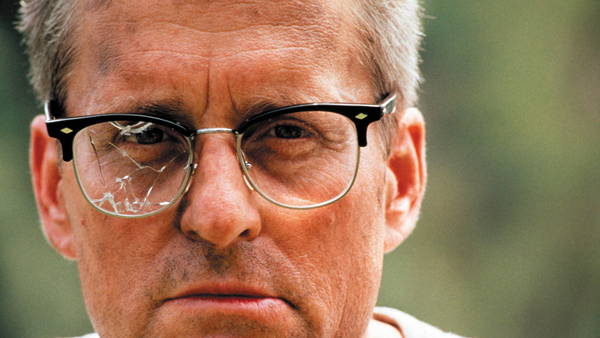
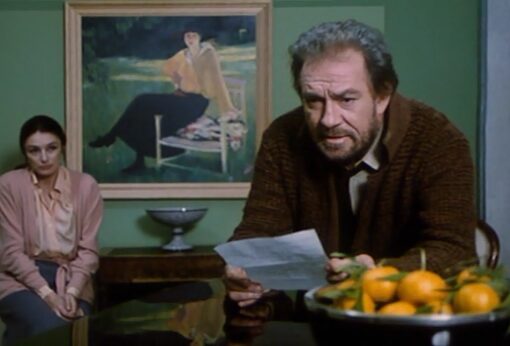
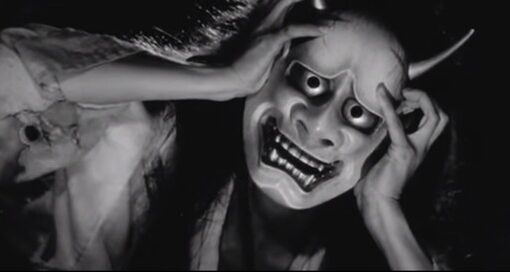
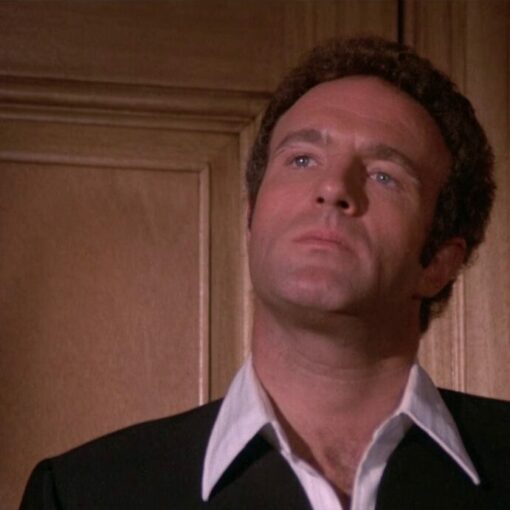
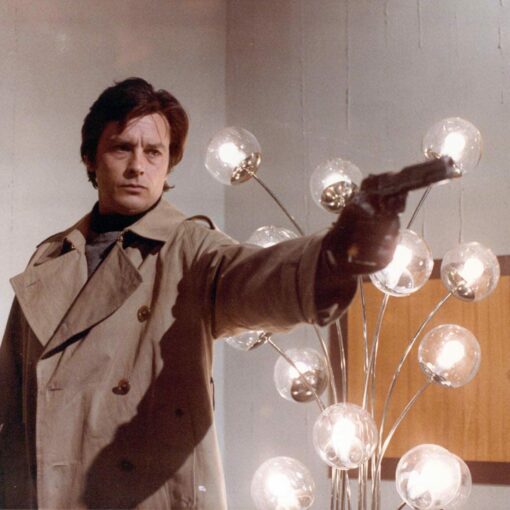
2 thoughts on “CRIMEWATCH: Falling Down”
The ending reminds me of that of The Last Sunset, with Kirk Douglas. Instead of pulling out a fake gun, he has no bullets, but duels knowing he’s going to die, just like D-Fens. Maybe that was a homage Michael payed to his father?
hey, could very well be, i havent seen last sunset yet. loved falling down too. saw it at the movies when it came out.